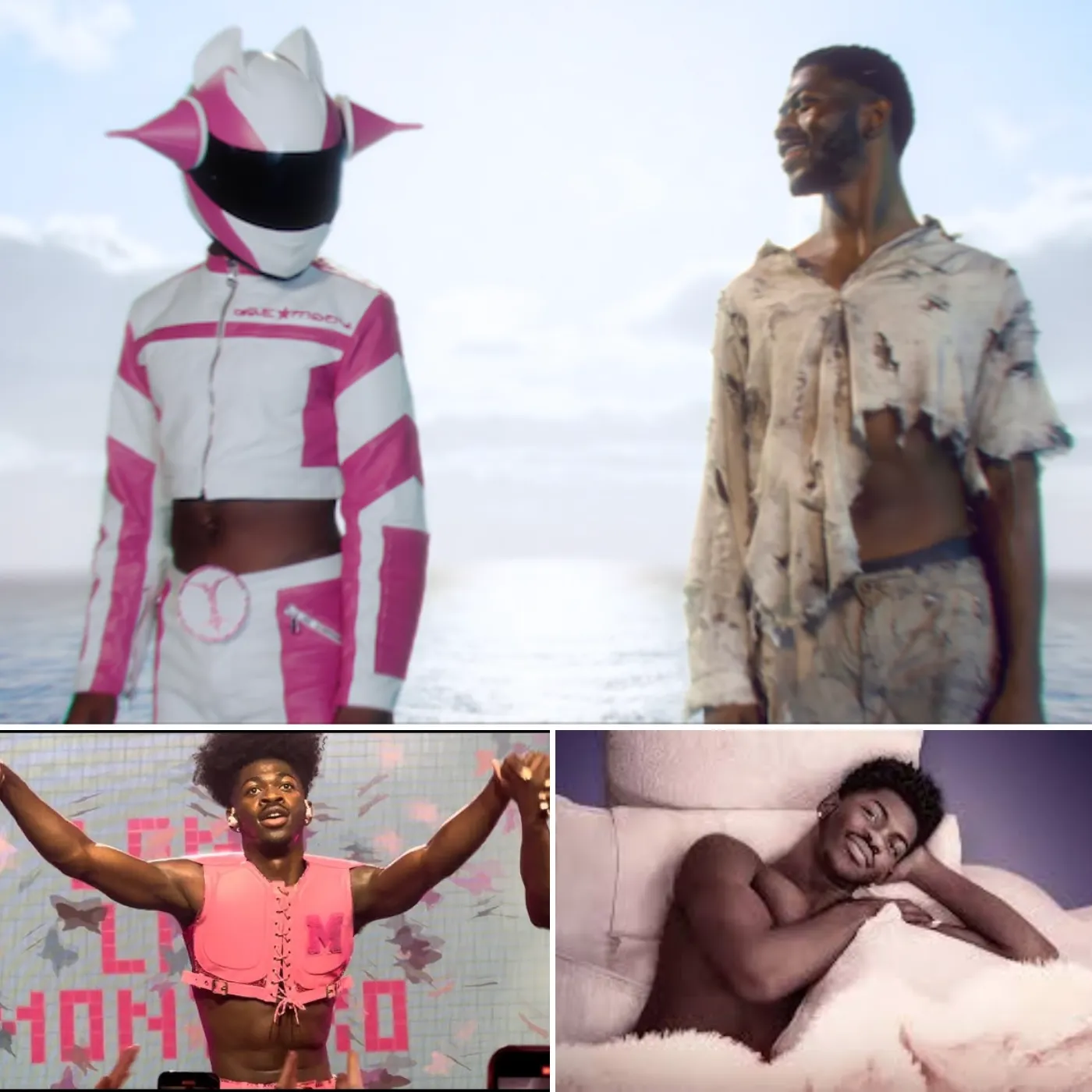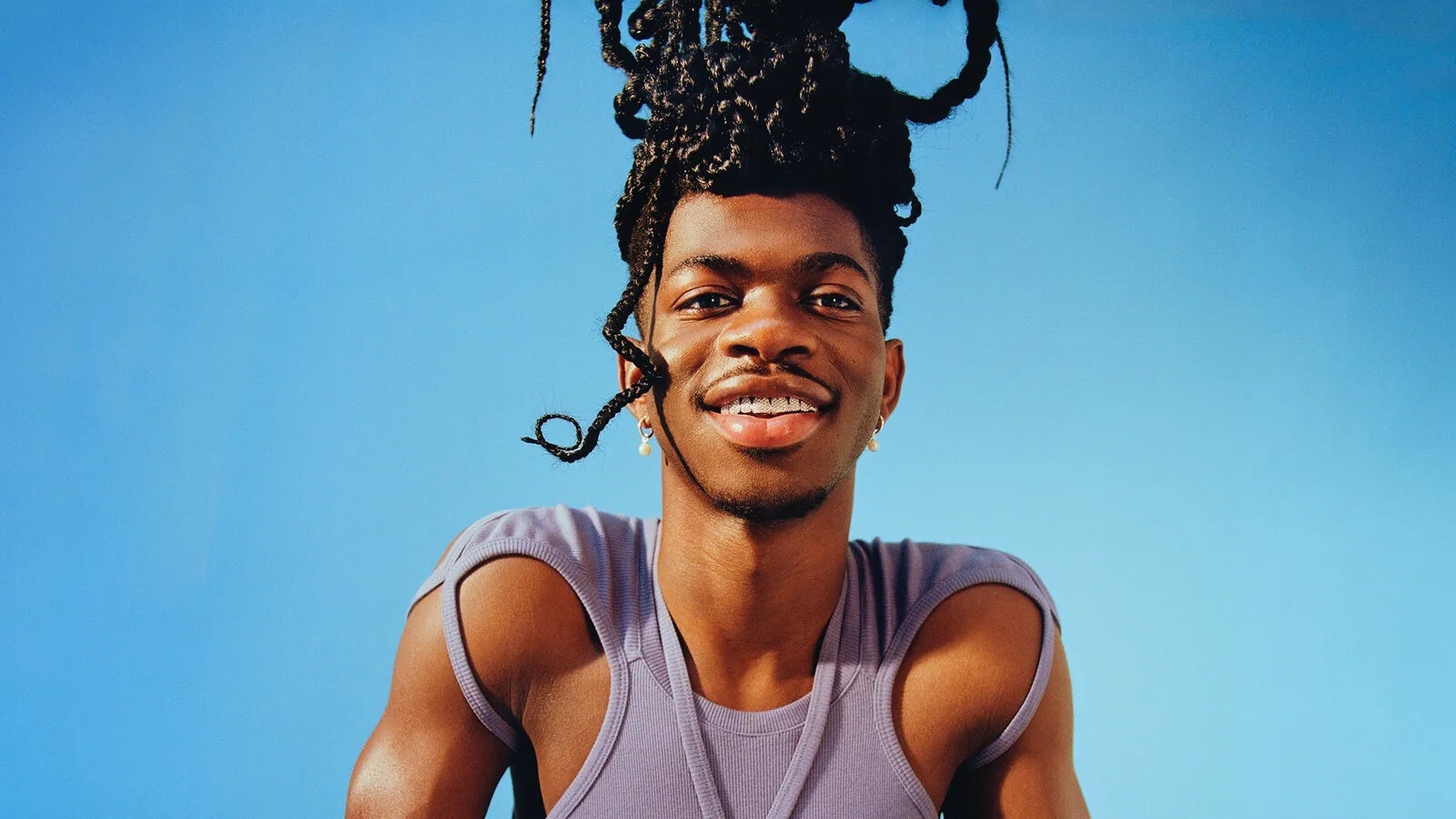

Lil Nas X’s ‘Dreamboy’: A Step Forward for Queer Youth or a Step Back for Music?
When Lil Nas X released his latest track, “Dreamboy,” the internet was flooded with mixed reactions. Fans, critics, and everyone in between took to social media to share their thoughts, sparking debates that have ranged from passionate defense to outright condemnation. But as the queer community rallies behind the artist, one question hangs in the air: Is “Dreamboy” a breakthrough for queer youth and their representation in mainstream music, or does it signal a worrying shift backward for the music industry as a whole?
While Lil Nas X has undeniably carved his own path through the entertainment industry with his unapologetically queer persona and genre-defying sound, “Dreamboy” has added a layer of complexity to his narrative. For every listener praising the track for its boldness and honesty, there’s another questioning if it’s doing more harm than good.
A Defiant Anthem or a Gimmick?

To understand the controversy around “Dreamboy,” we first need to dissect what makes this song both captivating and contentious. The track features catchy beats, infectious hooks, and Lil Nas X’s signature blend of genre-bending styles that seamlessly mix hip-hop, pop, and even elements of country. It’s a signature move for an artist who has spent the last few years pushing boundaries with hits like “Montero (Call Me By Your Name)” and “Industry Baby.”
But “Dreamboy” takes things in a slightly different direction. Lyrically, the song feels more personal than previous releases. It explores themes of romantic vulnerability, self-discovery, and identity through a lens that’s unmistakably queer. For many, this is a powerful statement. After all, Lil Nas X has long been an advocate for queer youth, using his platform to promote self-acceptance and challenge outdated norms. “Dreamboy,” then, seems like a natural extension of this message.
However, there’s a growing faction of fans and critics who argue that the track’s queer themes are nothing more than a marketing tool. Some claim that Lil Nas X is leaning too heavily into his identity for the sake of shocking headlines and clickbait. Critics argue that this approach, while undoubtedly lucrative, may end up reducing complex and nuanced queer experiences to mere entertainment fodder.
The question here is whether Lil Nas X is genuinely pushing the conversation forward for queer youth, or if he’s unintentionally reducing their struggles and triumphs into something more palatable for a mainstream audience. Are we truly witnessing queer representation, or is it just another gimmick designed to get attention?
Does ‘Dreamboy’ Represent Progress or Exploit a Trend?
The music industry, as we know it, has long struggled with queer representation. Historically, queer youth artists have been relegated to the fringes of the industry, forced to choose between hiding their true selves or enduring heavy criticism and exclusion. Lil Nas X, however, has shattered those barriers in ways that few before him have.
His public coming out and the unapologetic celebration of his queerness has made him a symbol of empowerment for many young queer individuals. The idea that queer youth now have someone to look up to who is both commercially successful and openly gay is revolutionary in an industry often resistant to change. Lil Nas X’s impact can’t be overstated: he’s changed the narrative around queer pop culture and paved the way for future artists to come out without fearing the consequences.
Yet, “Dreamboy” has raised questions about how far this progress can go. By weaving queerness into his music so explicitly, Lil Nas X has opened up a conversation about queer representation, but it also brings up concerns about exploitation. Is this representation for the sake of representation, or is it a genuine reflection of the diversity and richness of queer identities?

In many ways, the line between advocacy and commercialization has become increasingly blurred. By creating music that blends queer youth themes with pop culture sensibilities, Lil Nas X may be both advancing and limiting the progress of queer voices in mainstream music. It’s a delicate balance, one that speaks to the growing commercialization of queer culture as it becomes more mainstream.
The Double-Edged Sword of Queer Pop Culture
It’s impossible to ignore the fact that queer culture is becoming more mainstream than ever before. With television shows, movies, and even advertisements increasingly showcasing queer youth characters, it’s clear that the marketability of queerness is now undeniable. But with this mainstream acceptance comes a new set of challenges.
For queer youth, this may represent an opportunity to feel seen and validated in a way that previous generations never did. Artists like Lil Nas X are able to represent a wider range of queer youth experiences than ever before, offering listeners a sense of connection and belonging. It’s a sign that the times are changing, and that queer individuals can thrive not just in underground spaces, but in the bright spotlight of the mainstream.
However, as queer culture becomes more commercialized, the risk of it being watered down becomes more apparent. There’s a real concern that the nuance and depth of queer identities might be oversimplified to fit the desires of the broader pop music audience. Does Lil Nas X’s “Dreamboy” inadvertently contribute to this trend, or does it provide a deeper, more complex view of what it means to be queer today?
In an era where gender fluidity, non-binary identities, and queer representation are becoming more widely accepted, the danger of appropriation is high. What happens when mainstream artists commodify queer experiences? Can they truly represent the diverse spectrum of queer youth voices, or are they just trading on a trend that may not last?
Conclusion: A Victory or a Step Back?
Lil Nas X‘s “Dreamboy” is undeniably a complex track that raises important questions about the relationship between queer identity and mainstream success. It’s clear that the artist has made strides in bringing queer voices to the forefront of pop culture, offering representation and a platform that wasn’t available before. For many, this is a step forward for queer youth—a sign that their stories are being heard and celebrated.
But for others, the track feels more like a step back, reducing the richness of the queer experience to a marketable commodity. The line between advocacy and exploitation has never been more difficult to navigate. Whether “Dreamboy” is a victory or a setback will depend on the long-term effects it has on queer representation in music, and whether artists like Lil Nas X can balance the desire for commercial success with the responsibility to authentically portray the diversity of the queer community.
For now, “Dreamboy” stands as a testament to the power of queer pop culture—its potential, its pitfalls, and the ongoing conversation about where it’s headed in the future. Only time will tell if this is truly a moment of progress or a trend that will fade into the background.


















